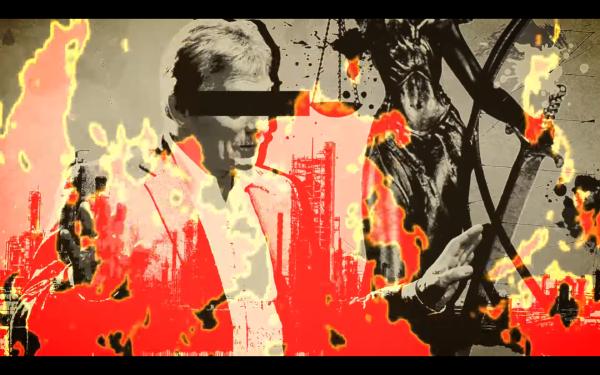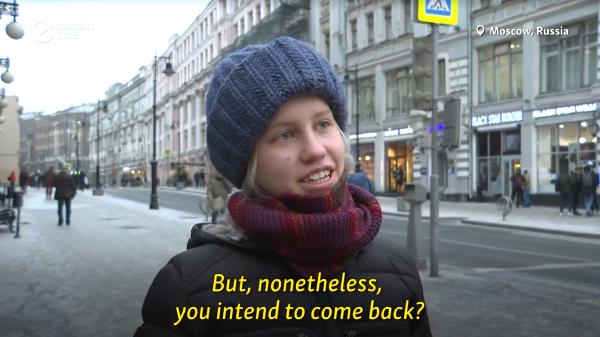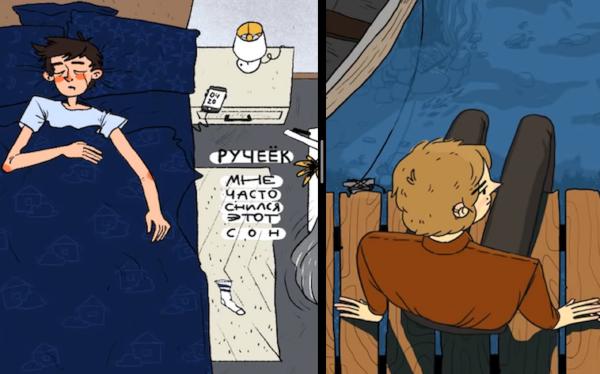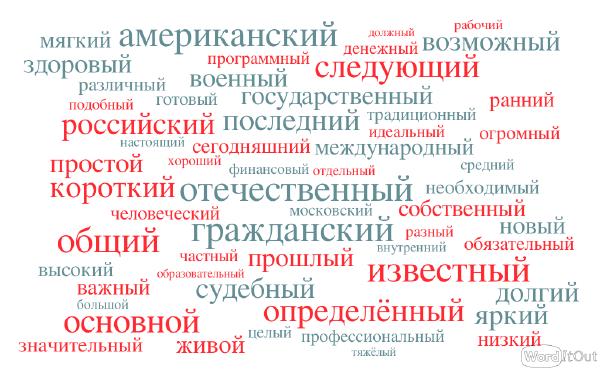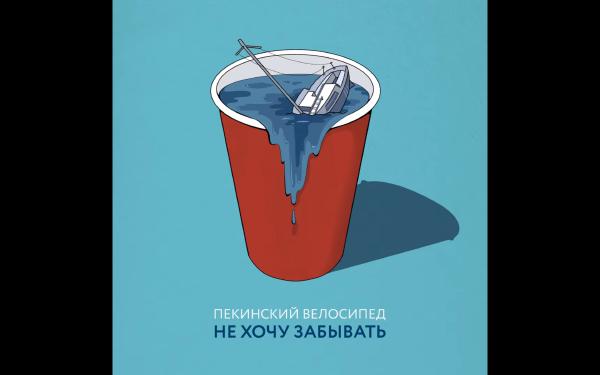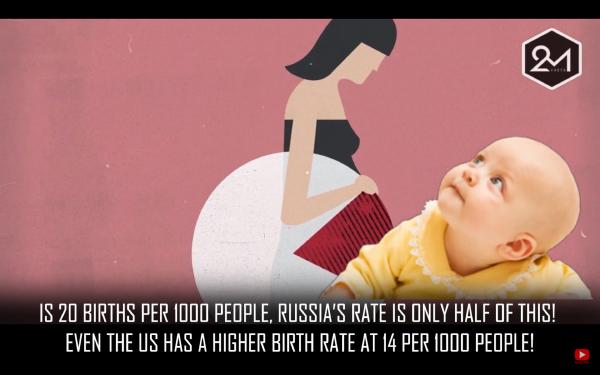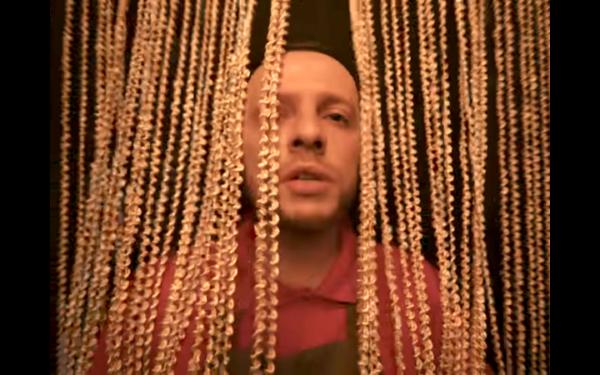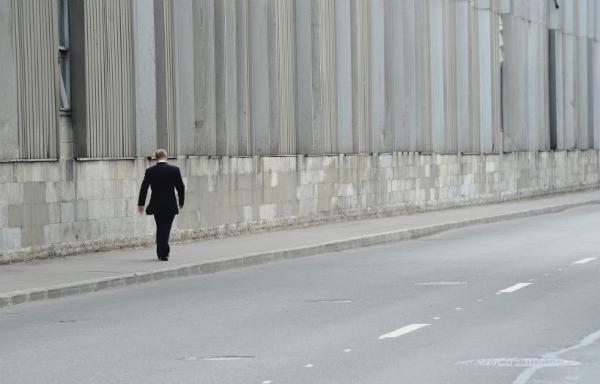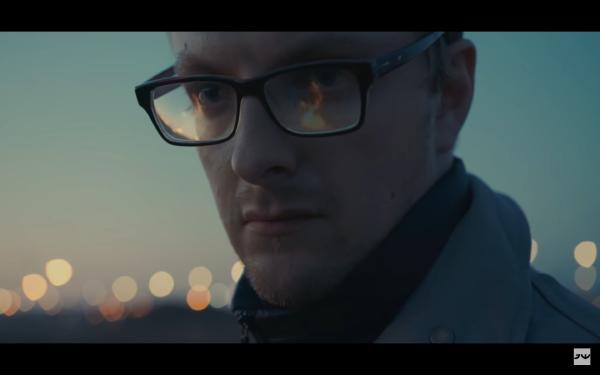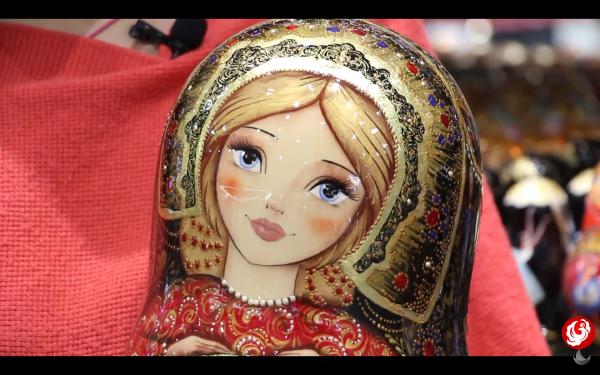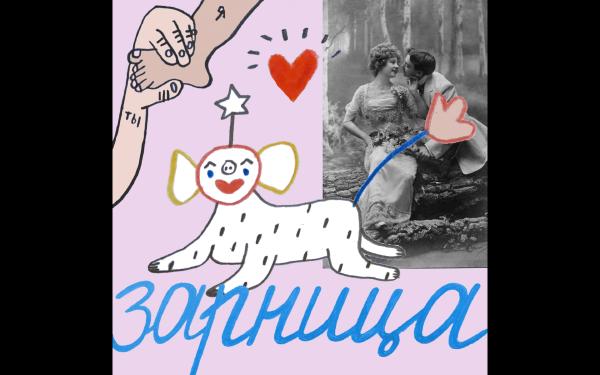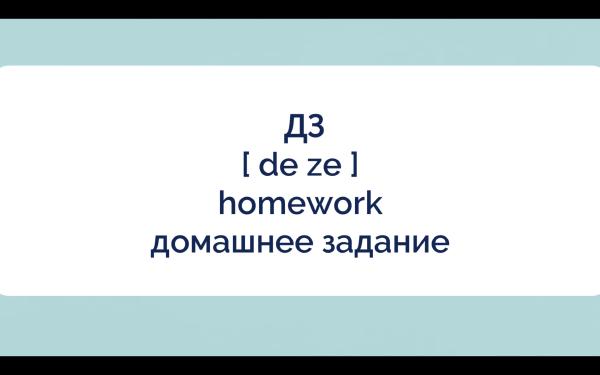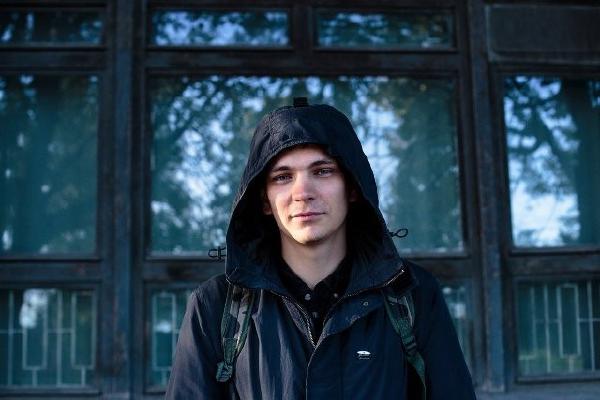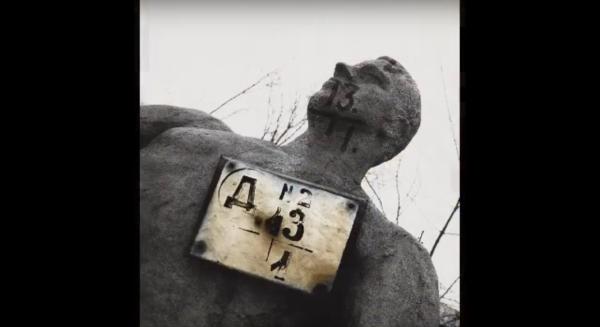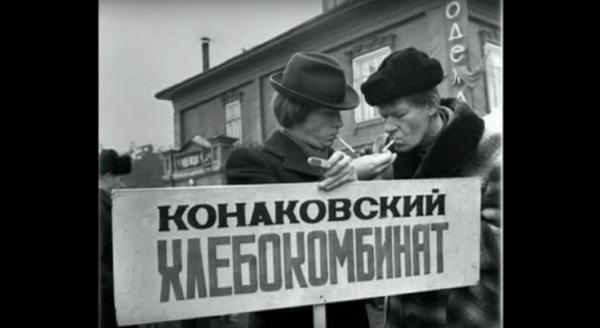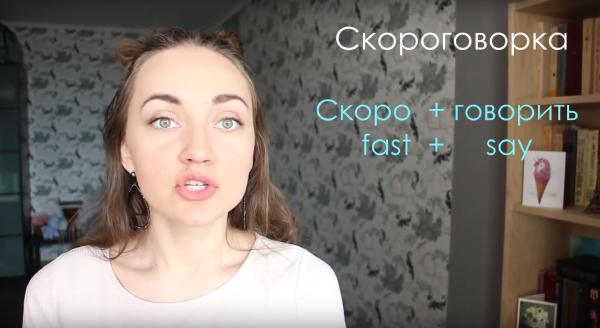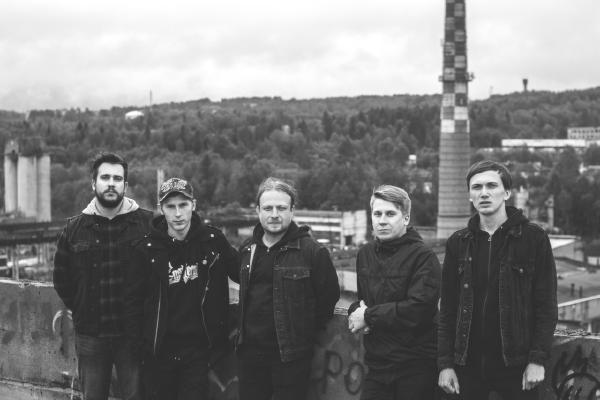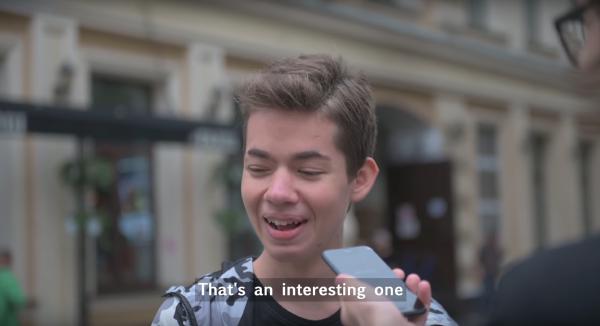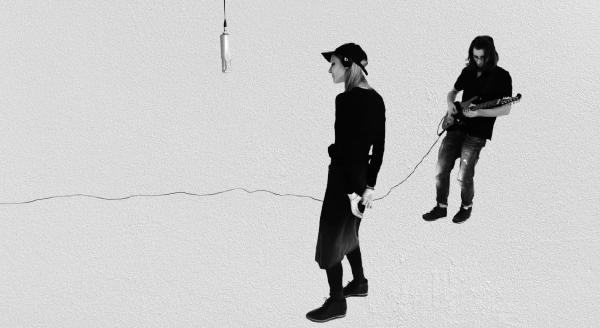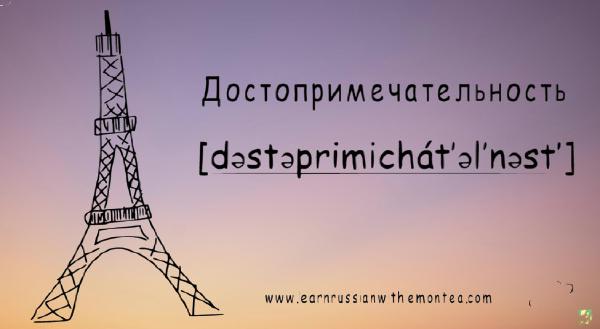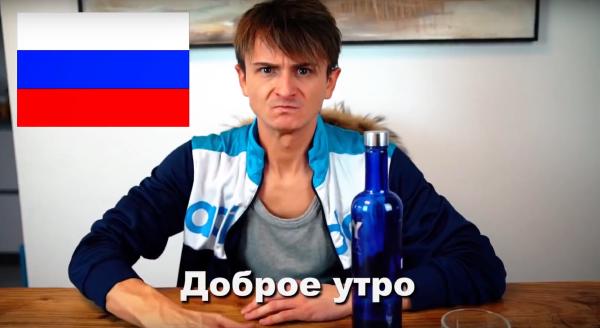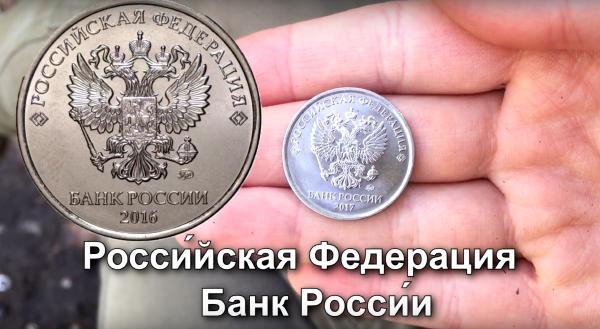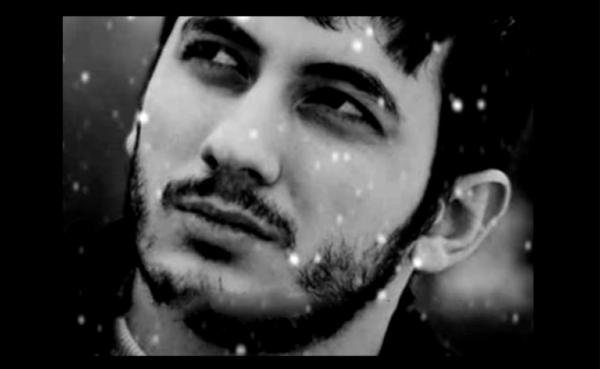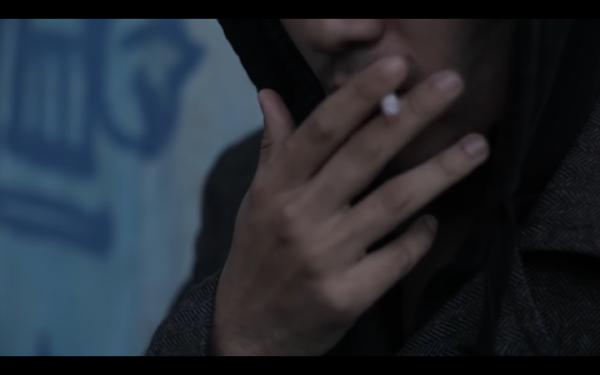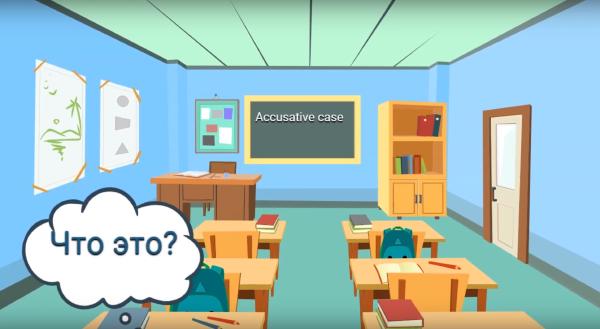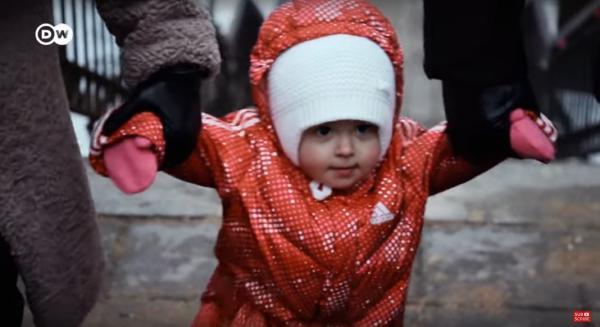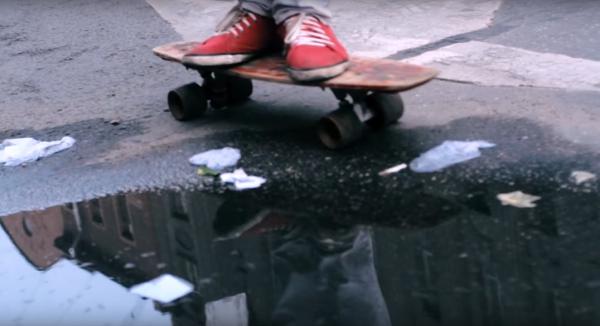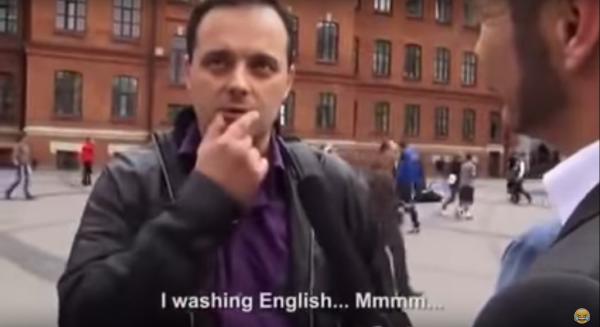ПОРТ(812) 3x + Маррадёры
Music
Yet another punk rock band that’s been around for a long time. Founded in the previous century (1999), you’d think ПОРТ(812) would be nearing its expiration date by now. But judging by their latest album, ПОРТ(812) is still fresh and energetic—and punk is far from dead.
Many Russians live in other countries. The numbers are significant here too: estimates range between
20 and 30 million. Meanwhile, the number of people wanting to leave Russia, especially young people, is increasing. This undoubtedly says something about the climate in the broadest sense of the word.
Russian Adjectives (Прилагательные)
Language
Useful, convenient, interesting: adjectives are everywhere and unavoidable. So it is sensible, rewarding, fascinating, attractive, necessary, etc., to be able to use them in speech and writing. Two things are needed for that.
It’s often about photographs in Последний кадр (last frame, shot). And about the memories you see again, after a long time. И только эти фотографии напоминают о том, and only these photos remind you что когда-то всё было так здорово, that once, everything was great.
The largest country in the world (
Size Matters) holds a very different position when it comes to population size. The number 1 in surface area is only
number 9 in population and is on the verge of falling out of the top 10. Russia’s population is shrinking.
Anacondaz 4x
Music
‘The man we all know: Putin. Does that name actually mean something?’ A question from an interview on FunX with
Ellen Rutten, in celebration of
Russian Language Day (June 6) 2019.
Электрофорез 3x
Music
Ivan Kurochkin and Vitaly Talyzin (from St. Petersburg) make up Electroforez. Sometimes spelled with a “k,” which is closer to the Russian spelling but further from English. In both their music and actual
electrophoresis, much happens on its own, requiring few people.
Russian Matryoshka Yes
Country
You need to know at least two things about one of the classic symbols of Russia. First, the
matryoshka (матрёшка) has only been made in Russia since the late nineteenth century (around 1890). There’s something Japanese in it too (some claim Chinese), and it was originally a children’s toy. Second, and take note, a matryoshka is a matryoshka.
A crossbreed between The Stooges’
I Wanna Be Your Dog (1969) and Anton Chekhov’s
The Lady with the Dog (1899). A bit of rock ’n’ roll and a bit of sophistication. Хочу погладить твою корги: I want to pet your corgi.
Convenience serves people well. And the linguistic person (whether speaking, typing, swiping, or writing) benefits from shortcuts in the form of abbreviations, truncations, and
acronyms. These are popular in every language because why be long when you can be brief?
Slava KPSS (Слава КПСС) = Vyacheslav Mashnov, born in 1990 and from the rather far east,
Kharabovsk or
Хабаровск. Turned as a rapper—also under the name Sonya Marmeladova, a
character from
Crime and Punishment, and under the nickname Гнойный (Gnoiny), meaning something like festering—with a diss aimed at many.
Photo: Alexey Titarenko
Country
After the Soviet Union
collapsed (1991), Alexey Titarenko (1962) took what may be his best photographs in his hometown of St. Petersburg. At least, many of his most famous works, found in series like City of Shadows (Город теней). There was much to document, but Titarenko did more than that.
In Russia too, smoking has been heavily restricted. In many places, smoking is prohibited, and not everyone struggles with that. But in music, the cigarette has never left, and smoking has harmed no one. Without filters or warnings: these are Russian songs about tobacco to inhale deeply.
Of course, there’s a Russian version of the cat scratching curls off the stairs. And the Russian language wouldn’t be itself if it didn’t have an entire collection of such phrases. Plus, record attempts to say them correctly as fast as possible.
Brace yourself for something that looks a bit friendlier than it sounds: Vuara from
Petrozavodsk or
Петрозаводск (Karelia). Their self-description (on Bandcamp) reads more like a warning: “A clot of dark and chaotic sound straight from the belly of Karelian swamps, escaping from the throat with a cry of socio-political longing.”
Russia and LGBT etc.
Country
Russia doesn’t have the best reputation when it comes to LGBT rights and acceptance. However, it’s not impossible or illegal to live your life with any orientation there. What is banned (since 2013) is propaganda of non-traditional sexual relationships (
Wikipedia).
Several things about Киви кошелёк (2019) by Хадн дадн are small or modest. Starting from the very first words. Я переведу 900 рублей: I will transfer 900 rubles – 9 euros 88 at today’s exchange rate. На киви кошелёк: to the payment service (кошелёк means wallet) of
Qiwi.
There’s quite a bit of stumbling over Russian words. Whether it’s due to not knowing where the stress falls, strange sounds, or simply because they’re
tongue twisters. This may sound exaggerated, but that’s just what they’re called. Here are difficult and long words that may—or may not—trip up your tongue.
Louna 3x
Music
Lousine Gevorkyan (1983) has already made an appearance with
Тараканы!, but outside of such collaborations, she is the lead singer of her own project, Louna. Rock from Moscow (since 2008) with an occasional message: ‘The band is best known for its socially conscious songs criticizing Russian political elites’ (
Wikipedia).
What Does Russian Sound Like?
Language
An unnecessary question, that’s clear from the start. You hear how Russian sounds everywhere here, and you’ll come to an answer yourself if you haven’t already. Still, it might be interesting to hear how others perceive the sound of Russian. Also, to see what kind of reputation the language enjoys (or endures).
Russian Ruble (₽)
Country
In Russia, you pay with rubles. And kopeks. Which you’ve probably never seen if you’ve never been to Russia. But now we have the internet, and soon planes will be flying again. Here’s an overview of the money you’ll need then. And where the words for the currency come from.
Certainly no friend of Russia, this gentleman. Quite the opposite, in fact. Timur Mutsurayev hails from
Chechnya (Grozny, 1976), and advocates for Chechen independence – which quickly makes him an enemy.
Russian Ordinal Numbers
Language
After covering the basic
numbers or
cardinal numbers, here’s the second part:
ordinal numbers, like first and second. In English, they’re called ordinal numbers, and in Russian, they are порядковые числительные (stress on the second syllable both times). Ordinal numbers are usually easy to derive from the cardinal number – although words like “first” and “second” are exceptions right from the start.
Кот Балу (Kot Balu) doesn’t come from Russia but from neighboring
Kazakhstan. Lyrics in Russian, with a touch of something exotic in the music. Слова слова (2011) is great for your vocabulary, as it delivers what the title promises.
Fourth Case: Accusative
Language
The joker in a card game, the knight in chess: if you’re looking for something as quirky among the six cases, you’ll quickly land on the fourth. Rules for the
accusative or винительный падеж are simple, yet (or perhaps because of that) it can easily catch you off guard.
‘Encounters with Russians from six different generations help us get to know a Russia beyond Moscow and the Kremlin. Away from the 75th Victory Day parade and displays of military might, we meet the people of Russia. They tell us of a nation poised between tradition and the future.’
Дайте танк 3x
Music
Pop with an artistic edge. Accessible yet original. Дайте танк (Give Tank), officially spelled with an exclamation mark in parentheses, describes their style as Гаражный рок для танцоров-интровертов, скучающих по русскому языку, Garage rock for introverted dancers who miss the Russian language. A small but special target audience.
Russians and English
Language
Another reason to learn Russian (see
Why Learn Russian) is that Russians don’t speak English. Or rather, not everyone does. And among those who do, not all are equally fluent. How come? Let’s explore. With insights from the Russians themselves at the end.


